- Doctors & Departments
-
Conditions & Advice
- Overview
- Conditions and Symptoms
- Symptom Checker
- Parent Resources
- The Connection Journey
- Calm A Crying Baby
- Sports Articles
- Dosage Tables
- Baby Guide
-
Your Visit
- Overview
- Prepare for Your Visit
- Your Overnight Stay
- Send a Cheer Card
- Family and Patient Resources
- Patient Cost Estimate
- Insurance and Financial Resources
- Online Bill Pay
- Medical Records
- Policies and Procedures
- We Ask Because We Care
Click to find the locations nearest youFind locations by region
See all locations -
Community
- Overview
- Addressing the Youth Mental Health Crisis
- Calendar of Events
- Child Health Advocacy
- Community Health
- Community Partners
- Corporate Relations
- Global Health
- Patient Advocacy
- Patient Stories
- Pediatric Affiliations
- Support Children’s Colorado
- Specialty Outreach Clinics
Your Support Matters
Upcoming Events
Child Life 101
Wednesday, June 12, 2024Join us to learn about the work of a child life specialist, including...
-
Research & Innovation
- Overview
- Pediatric Clinical Trials
- Q: Pediatric Health Advances
- Discoveries and Milestones
- Training and Internships
- Academic Affiliation
- Investigator Resources
- Funding Opportunities
- Center For Innovation
- Support Our Research
- Research Areas

It starts with a Q:
For the latest cutting-edge research, innovative collaborations and remarkable discoveries in child health, read stories from across all our areas of study in Q: Advances and Answers in Pediatric Health.
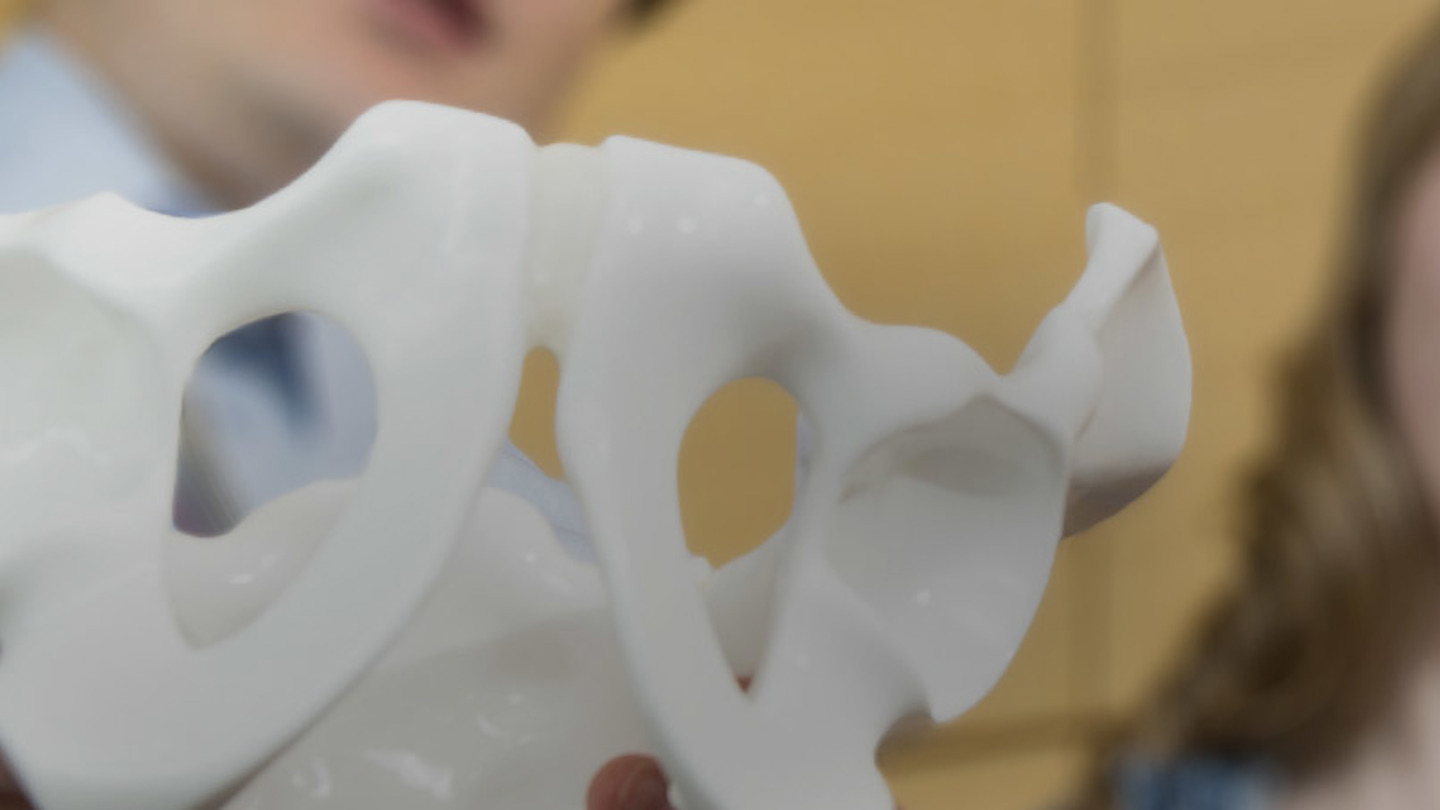
If your kid is really hurting from a serious accident or injury, you want the best care — and they will benefit from experts who care only for kids. You'll find that here.
Orthopedic pediatric trauma specialists at Children's Hospital Colorado evaluate and treat conditions and injuries of all kinds. This includes broken bones, or fractures, limb differences and wounds caused by minor accidents or major trauma. We also manage complex infections of the bones and joints.
About the Pediatric Orthopedic Trauma and Fracture Program
Our trauma surgeons and specialists work closely with the multidisciplinary team at the Orthopedics Institute, which includes orthopedic surgeons, rehabilitation providers, plastic surgery providers, infectious disease specialists, nurses and more. This collaborative approach to treatment allows us to provide comprehensive care for your child to ensure the best possible outcome.
Program Director Julia Sanders, MD, is a pediatric orthopedic surgeon who specializes in treating both simple and complex fractures, as well as wounds and injuries caused by minor or major accidents. She and her team work closely with multidisciplinary specialists from the Orthopedic Institute and beyond – including rehabilitation providers, infectious disease specialists, nurses, orthopedic surgeons and more – to get your child well. We treat your child as a whole person, not just their injury, to help them return to the activities they love.
Why choose us for pediatric orthopedic trauma and fracture care
Children's Colorado offers two pediatric trauma centers: one in Denver metro and one in Colorado Springs.
- Our trauma center at Anschutz Medical Campus in Aurora is the only Level 1 Pediatric Trauma Center in the Rocky Mountain region, offering the highest level of care for children with traumatic injuries.
- Children’s Colorado, Colorado Springs offers a Level 2 Pediatric Trauma Center.
Both of these trauma centers are open 24 hours a day, 365 days a year.
We offer innovative fracture treatments that allow your child to play, wash their hands and live a normal life while they heal.
We work closely with experts in other medical specialties when necessary, such as general trauma care, neurosurgery, infectious disease, prosthetics and orthotics, and plastic and reconstructive services, to ensure your child receives comprehensive pediatric care. Our team is active in the CORTICES study group, a national organization of leading researchers studying trauma and infection in children to help improve trauma care for our patients, and all kids. This brings the best practices in children's orthopedic care to your kid.
Orthopedic trauma and fracture conditions we treat
Depending on the condition or injury, treatment may include casting, physical therapy, bone stimulation, bone grafting or surgery.
Fractures, or broken bones, are frequent in children, especially in the arm, wrist and shoulder areas. Fractures often occur from a fall or by playing sports. We specialize in the treatment of supracondylar humerus fractures, the most common elbow fracture in children. It is important to have a pediatric provider evaluate a possible broken bone, because it can sometimes affect growth plates and lead to abnormalities.
Signs of a fracture may include swelling, pain or deformity — typically a bump or change in bone shape.
Casting is the most common method of treatment, although surgery may be necessary in some cases.
A nonunion is a bone that does not heal properly. While most bones heal on their own, certain factors — such as too much movement or too little blood flow — can prevent proper healing. Diabetes, anemia and general poor health may also lead to a nonunion.
A nonunion can occur anywhere but is common in the femur, tibia and humerus. We offer both surgical and nonsurgical treatment methods. This can include a bone stimulator device, bone grafting or revision surgery.
A malunion is a bone that heals in the wrong position. Failed treatment or a fracture that goes untreated may result in a malunion. A malunion can cause severe pain and limited function, and it will likely require treatment from our orthopedic traumatology specialists.
Treatment methods range from physical therapy to post-traumatic reconstructive procedures that involve osteotomies, or cuts in the bone, to restore alignment and proper healing. Because a child’s bones are still developing, natural growth can sometimes correct a deformity or malunion. We monitor the injury closely and strive to avoid surgery when possible.
Bone infections in children are particularly difficult to treat. Also known as osteomyelitis, infections can spread from blood or soft tissue, or can originate in the bone itself.
Children have a greater tendency to develop bone infections because their bodies are growing rapidly. Our multidisciplinary team of orthopedic trauma surgeons, infectious disease specialists and radiologists follow a dedicated protocol to combat bone infections.
A complex fracture is a particularly severe break that can cause damage to multiple bones, soft tissue, tendons, ligaments or joints. This type of injury often requires emergency orthopedic care. Treatment typically requires surgery. Our team specializes in complex fractures of the pelvis and hip socket.
Deformities can cause pain and hinder your child's ability to function. Your child may be born with a deformity, such as an arm or leg that’s too long or short. A deformity may also be the result of a traumatic accident. Our pediatric orthopedic trauma specialists work to correct the deformity and restore balance, form and function. We can correct some deformities with nonsurgical treatment, but many skeletal issues require surgery.
Compartment syndrome is typically the result of a muscle injury that causes the muscle to swell. The compartment that holds the muscle can't stretch, so the swollen muscle doesn't have any room to spread out. Pressure in the muscles increases, causing pain. Additionally, essential nutrients may no longer be reaching the muscle and nerves. If left untreated, compartment syndrome may lead to tissue death, which requires surgery.
Contact the Pediatric Orthopedic Trauma and Fracture Program
The Pediatric Orthopedic Trauma and Fracture Program is part of our Orthopedics Institute.
For appointments at Anschutz Medical Campus, call 720-777-6600.
For appointments at Children’s Hospital Colorado, Colorado Springs, call 719-305-9060.
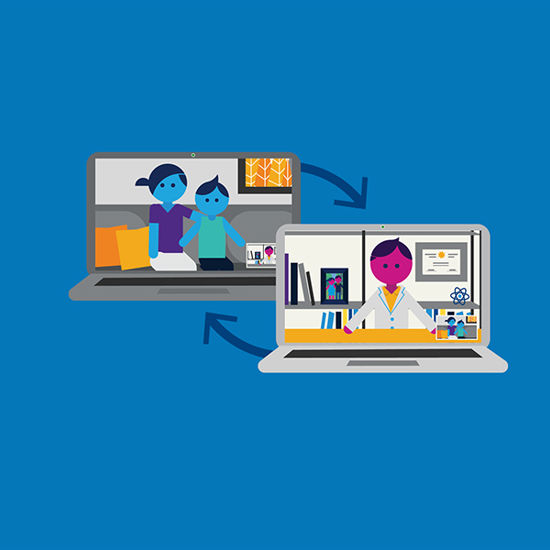
Compassionate care, wherever you are
We’re here when you need us. Telehealth appointments are available across every specialty, so you can get the high-quality care we’ve always offered from the comfort, privacy and convenience of home.
See if telehealth is right for you
Get to know our pediatric experts.
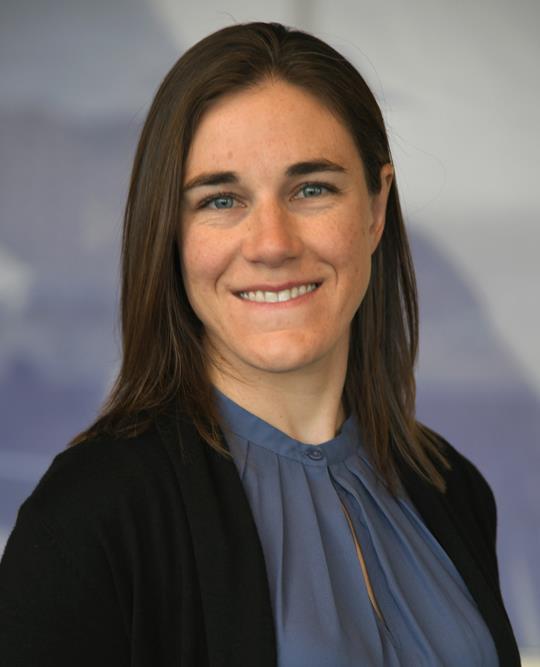
Julia Sanders, MD
Orthopaedic Surgery
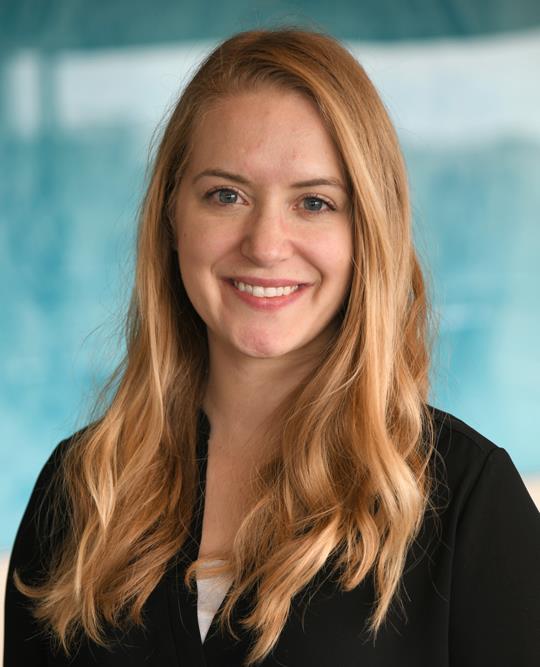
Stephanie Puma, PA-C
Physician Assistant
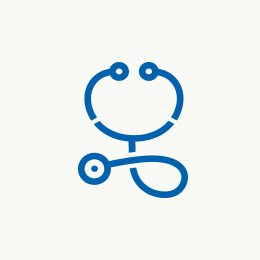
Mariah Miller, CPNP-AC
Certified Pediatric Nurse Practitioner
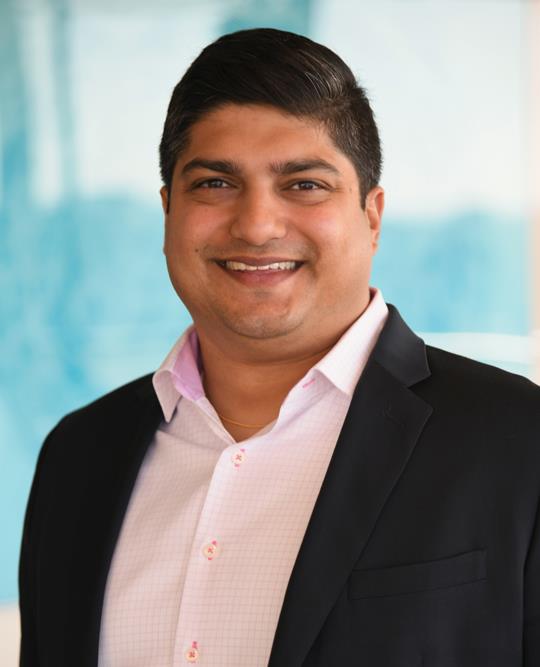
Sayan De, MD
Orthopaedic Surgery
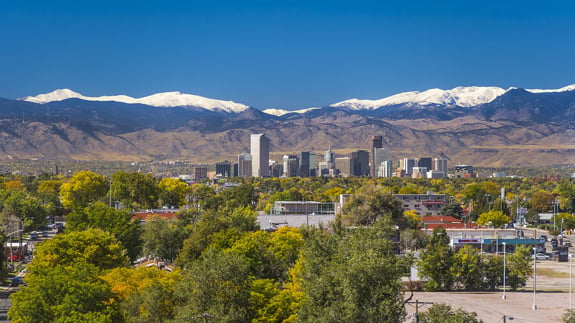


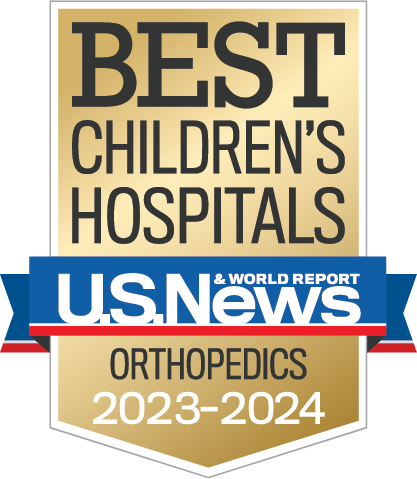 We care for patients’ growing muscles, joints and bones through sports medicine, surgery, rehabilitation and research.
We care for patients’ growing muscles, joints and bones through sports medicine, surgery, rehabilitation and research.